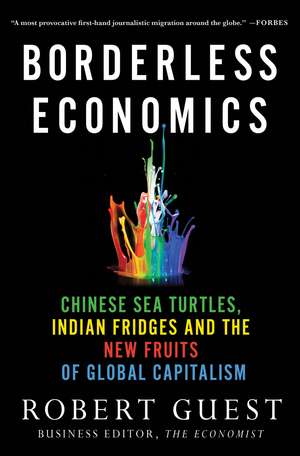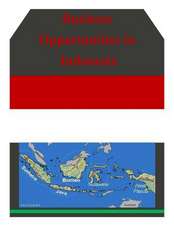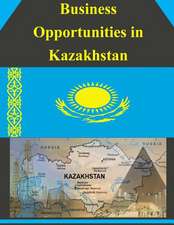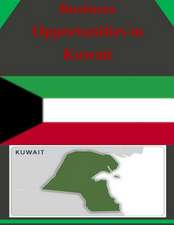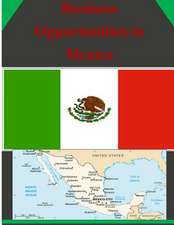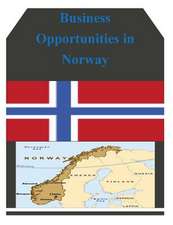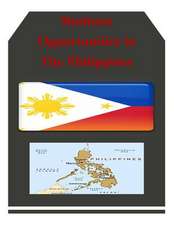Borderless Economics: Chinese Sea Turtles, Indian Fridges and the New Fruits of Global Capitalism
Autor Robert Guesten Limba Engleză Paperback – 25 feb 2013
An editor for The Economist looks at how international diasporas are accelerating and diversifying the flow of ideas, technology, and wealth, improving lives across the globe.
A century ago, migrants often crossed an ocean and never saw their homelands again. Today, they call-or Skype-home the moment their flight has landed, and that's just the beginning. Thanks to cheap travel and easy communication, immigrants everywhere stay in intimate contact with their native countries, creating powerful cross-border networks. In Borderless Economics, Robert Guest travels through dozens of countries and 44 American states, observing how these networks create wealth, spread ideas, and foster innovation.
Covering phenomena such as how young Chinese studying in the West are infecting China with democratic ideals, to why the so-called "brain drain"-the flow of educated migrants from poor countries to rich ones-actually reduces global poverty, this is a fascinating look at how migration makes the world wealthier and happier.
Preț: 116.07 lei
Nou
22.21€ • 24.12$ • 18.66£
Carte disponibilă
Livrare economică 01-15 aprilie
Specificații
ISBN-10: 0230342019
Pagini: 250
Dimensiuni: 162 x 235 x 17 mm
Greutate: 0.36 kg
Editura: Palgrave MacMillan
Locul publicării:Basingstoke, United Kingdom
Descriere
Cuprins
Diaspora Politics: How Sea Turtles Will Turn China Democratic
Networks of Innovation: How Indian Exiles Will Save Medicare
Networks of Trust: How the Brain Drain Reduces Global Poverty
Networks of Hatred: Breeding Jihad and Genocide
The Hub Nation: Why America Will Remain Number One
Notă biografică
Caracteristici
Guest describes the new and unexpectedf lowering of innovation coming from diasporas and other migratory populations, including $70 fridges, $2,000 heart surgeries and a democratic China. Unlike some of the doomsday scenarios hitting the shelves, Borderless Economics offers a vision of international trust and cooperation owing to the tribal networks holding the world together
The Economist sells over 1.4 million copies a week. Its website receives 4 million unique visitors a month, the magazine will continue to support the publication
